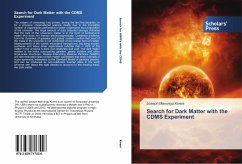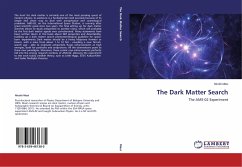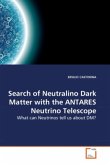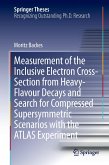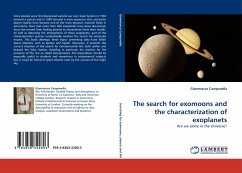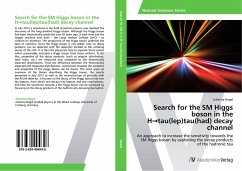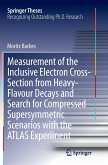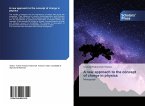The subject of cosmology has proven, during the last few decades, to be a precision observational science mostly due to the Incredible number of experiments performed to better understand the composition of the universe. The large amount of data collected strongly indicates that the bulk of the universe s matter is in the form of nonbaryonic matter that does not interact electromagnetically. Combined evidence from the dynamics of galaxies and galaxy clusters confirm that most of the mass in the universe is not composed of any known form of matter. Measurements of the cosmic microwave background, big bang nucleo-synthesis and many other experiments indicate that 80% of the matter in the universe is dark, non-relativistic and cold. The dark matter resides in the halos surrounding galaxies, galaxy clusters and other large-scale structures. Weakly Interacting Massive Particles (WIMPs) are well-motivated class of dark matter candidates that arise naturally in super-symmetric extensions to the Standard Model of particles physics, and can be produced as non-relativistic thermal relics in the early universe with about the right density to account for the missing mass, the dark matter.
Bitte wählen Sie Ihr Anliegen aus.
Rechnungen
Retourenschein anfordern
Bestellstatus
Storno

